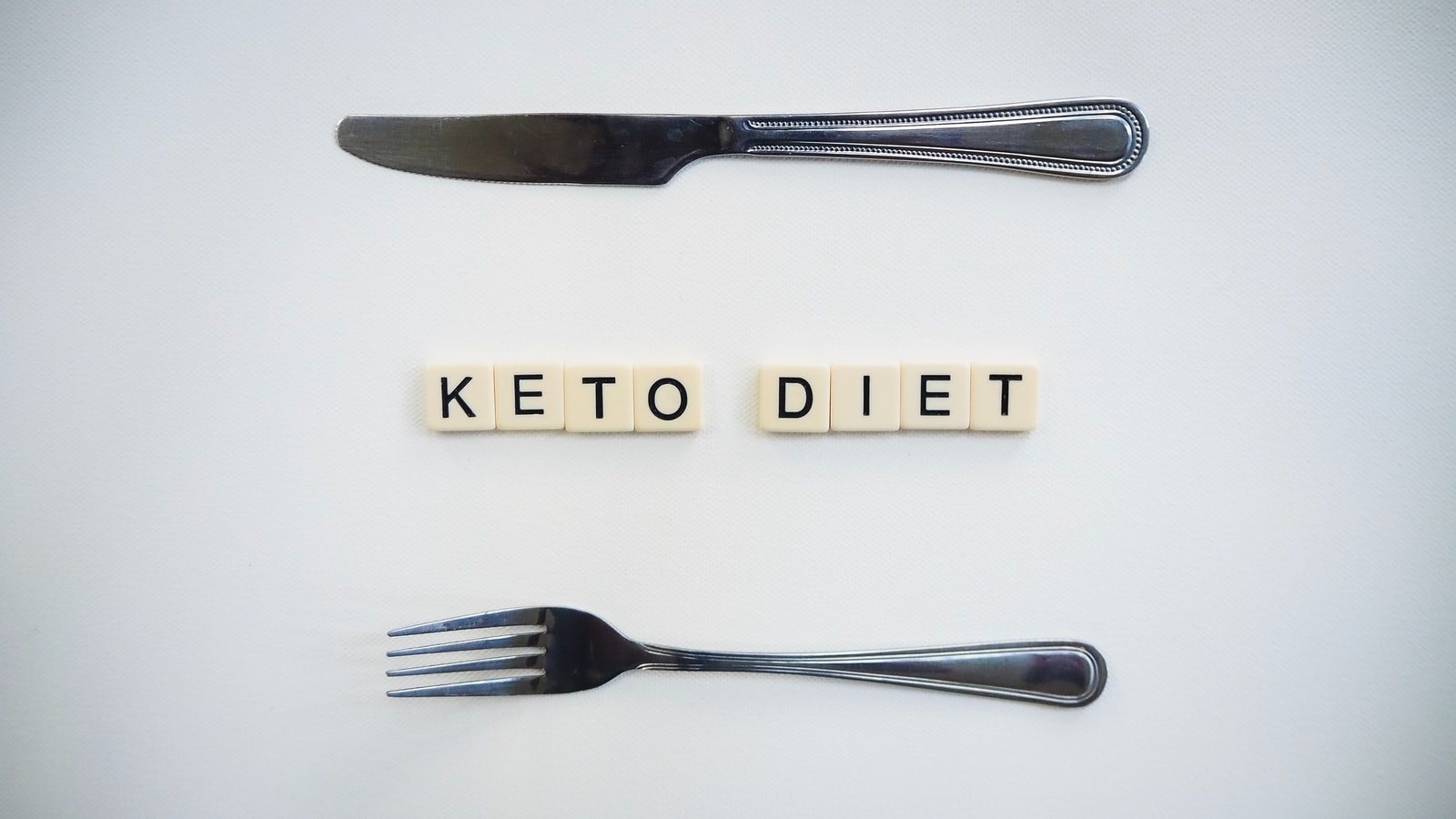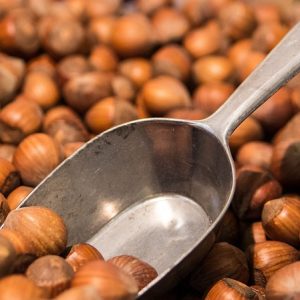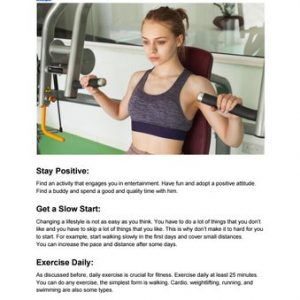As anyone who’s ever changed their diet knows, food isn’t just about sustenance – it’s culture, pleasure, and community. But for many of us, the topic of food can also be daunting or uncomfortable – what to eat, what not to, and dangerous myths that can lead to diet issues or cause feelings of guilt or shame. In this article, we’ll be “cracking open” the (mis)perceptions around food and nutrition and taking a look at the psychology behind what we eat and why. Get ready to jump in and explore the science, myths, and cultural power of food!
My Contents
- 1. Slicing Through Misinformation: Debunking the Myths Around Food & Nutrition
- 2. Uncovering the Truth – Investigating the Facts Behind Everyday Ingredients
- 3. Energizing Our Eating Habits – Re-Examining Our Relationship with Food
- 4. Cracking Open the Stigma – Understanding How All Foods Fit in Our Diets
- 5. Reshaping Our Perceptions of Nutrition – Rewarding Education, Not Restriction
- My Diet Answers

1. Slicing Through Misinformation: Debunking the Myths Around Food & Nutrition
Nutrition is a key part of any healthy lifestyle, but it can often be hard to make sense of all the conflicting facts and figures surrounding it. From the latest ‘superfood’ to the need for goji berries, it’s easy to get confused and feel overwhelmed. We’re here to help though – so let’s take a look at some of the most ingrained nutrition myths, and debunk them!
1. Fat-free food is always healthier
For a long time, the ‘low-fat’ label became a guaranteed indicator of a healthy choice. However, while it’s true that a high-fat diet can be unhealthy, the opposite is also true – eating the right kind of fats in the right amounts can benefit your overall health. So go ahead and snack on those nuts – you’ll be doing yourself a favour.
2. Carbohydrates make you fat
This myth might have some truth to it, but only if you’re not eating the right kind of carbs! Carbohydrates provide us with energy, and wholegrain carbs can make us feel fuller for longer. So if you’re looking to fuel your body, rather than skip carbs altogether, try and opt for whole foods such as quinoa, oats, sweet potatoes, and other unprocessed grains.
3. Eating late at night is bad for you
Another commonly held belief is that late-night snacking is a definite no-no. In reality, it depends on what you choose to eat – an apple and peanut butter makes for a perfectly healthy after-dinner snack if you fancy something sweet! Just try to make sure your snacks are nutritious and include proteins and complex carbohydrates.
Plus, giving yourself a break and indulging in a little something can also help with stress, so if you feel the urge late at night, enjoy your snack and don’t worry!
2. Uncovering the Truth – Investigating the Facts Behind Everyday Ingredients
If you really want to know what’s in your food, you need to investigate the ingredients. It’s easy to become overwhelmed with the long list of preservatives, flavor enhancers, colors, and emulsifiers that are added to everyday foods. But if you take time to explore the truth behind certain ingredients, you can make better decisions about what goes on your plate.
Take the food dye Red 40, for example. Many people don’t know this, but it is made from petroleum and mixed with potentially toxic compounds like ammonia and benzene fuel. Not exactly what you’d find in nature. On the other hand, turmeric is derived from a beautiful yellow flower and is used as a natural food colorant.
No matter what you’re eating, it’s important to look a little deeper into what you’re actually consuming. Here are some common ingredients and what you should know about them:
- Monosodium Glutamate (MSG) – MSG is a flavor enhancer and widely used in processed foods. It is known to cause short-term reactions like headaches and nausea.
- High Fructose Corn Syrup (HFCS) – HFCS is extracted from corn and used in many types of soft drinks and processed foods. Studies have linked it to weight gain and several metabolic diseases.
- Fruits, especially berries, are rich in antioxidants and can help heal the body from the inside out.
- Dark chocolate, which is high in antioxidants and magnesium, can help to fight fatigue.
- Coffee and tea can be used as natural sources of energy and help to keep us focused and alert.
- Opt for healthier versions of ingredients: Get creative with your meals and swap out unhealthy ingredients for healthier options. You could use avocado instead of food-made spreads or opt for a veggie/turkey patty instead of beef.
- Don’t forget exercise: Along with healthier eating, exercising regularly is key to achieving holistic health. Consider trying a new workout routine or an outdoor activity.
- Listen to your body: Everyone has different likes and dislikes and nutritional needs. Check in with yourself and opt for the foods that makes you feel your best.
- Make Learning Easy: There is a vast amount of nutrition information out there, so it can be daunting to know where to start. Try finding sources that are easy-to-digest and explain nutrition concepts in an approachable way, such as nutrition podcasts, online courses, or books from renowned experts.
- Celebrate Nutrient Dense Foods:Eating a balanced and diverse diet doesn’t have to be boring. Get to know what makes food nutritious, and you’ll be seduced by how much flavor these nutrient-dense gems can provide. Think of exciting, uncommon cooking methods to make eating healthy a real pleasure.
- Seek Pleasure:Nutrition doesn’t have to be void of pleasure. Make the conscious effort to incorporate pleasure into your nutrition journey. Indulge in dishes that bring you joy, and create foods in your kitchen that make you happy.
3. Energizing Our Eating Habits – Re-Examining Our Relationship with Food
Nutrition plays an important role in our lives and it is something that we should prioritize. Too often we don’t give it the attention that it deserves and can find ourselves stuck in unhealthy habits. If we re-examine our relationship with food, it could energize our eating habits and have a positive impact on our bodies and minds.
Breaking the Cycle: We can start by breaking the cycle of unhealthy eating habits. Instead of mindlessly reaching for common snacks, reconsider other sources of energy. A handful of nuts, some dark chocolate or some fruit and yogurt can provide the same level of energy. Making an effort to create snacks out of natural ingredients can be healthier and less taxing on the body.
Stay Hydrated: Staying hydrated is essential when it comes to energizing our eating habits. Dehydration leads to fatigue, so keep a bottle of water with you throughout the day to sip on. Adding things such as fruit or mint can make it more interesting and give your body a refreshing burst of vitamins and minerals.
By re-examining our relationship with food, we can energize our eating habits and take control of our health. Natural snacks are available everywhere and can work in our favor if we make them part of our diet.
4. Cracking Open the Stigma – Understanding How All Foods Fit in Our Diets
When it comes to diet, traditionally, two approaches have been followed; ‘Eat clean’ or ‘Eat anything’. But the reality is more nuanced and complicated. There are no foods that are universally good or bad. It may be hard to believe, but even burgers and chocolate can be a part of a healthy diet.
If you have been told that certain food is ‘forbidden’, chances are it is not as ‘evil’ as they described. With a little effort and creativity, you can put all kinds of healthy foods together to create an amazing meal that satisfies all of your cravings. Here are some tips and tricks:
Foods have the power to nourish us and give us pleasure; finding harmony between the two is essential. Crack open the stigma and understand that all foods fit in our diets when consumed with moderation, balance, and mindful satisfaction.
5. Reshaping Our Perceptions of Nutrition – Rewarding Education, Not Restriction
Nutrition doesn’t have to be a chore- rewarding education is where it starts! Through knowledge and understanding, we can start to reshape our perceptions of nutrition and shift away from the idea that it must be a series of restrictions. How do we do this? Here are a few starting points:
Nobody should feel like nutrition is a deprivation-based decision. Rather, it’s important to focus on earning the knowledge and understanding needed to make optimal nutrition choices. The more we reward ourselves for this accomplishment, the better we can shape our outlook on nutrition and turn it into a rewarding experience.
My Diet Answers
Q: What is the overarching goal of this article?
A: The main aim of this article is to challenge misperceptions about food and nutrition, and to start a dialogue about the importance of healthy eating and the benefits of nutritious food.
Q: What are some of the misconceptions discussed?
A: This article touches on the various misconceptions surrounding nutrition such as the concept that all diets work the same for everyone, the idea that eating healthy has to be expensive, and the belief that you have to completely eliminate certain food groups to be healthy.
Q: How do you suggest we approach our diets differently?
A: We should look at food and nutrition from a holistic perspective and strive to maintain balance in our diets. Aim to make informed decisions, focus on nutrient-dense foods, and enjoy the occasional indulgence without guilt or shame.
With everyone’s energy and enthusiasm around food and nutrition being so interconnected, there’s no better time than now to have a deeper look into our own perceptions and build up some lasting, positive change. The potential for making a real difference is something we don’t take lightly—and who knows, maybe we can all learn a thing or two along the way. Nothing tastes better than that!










